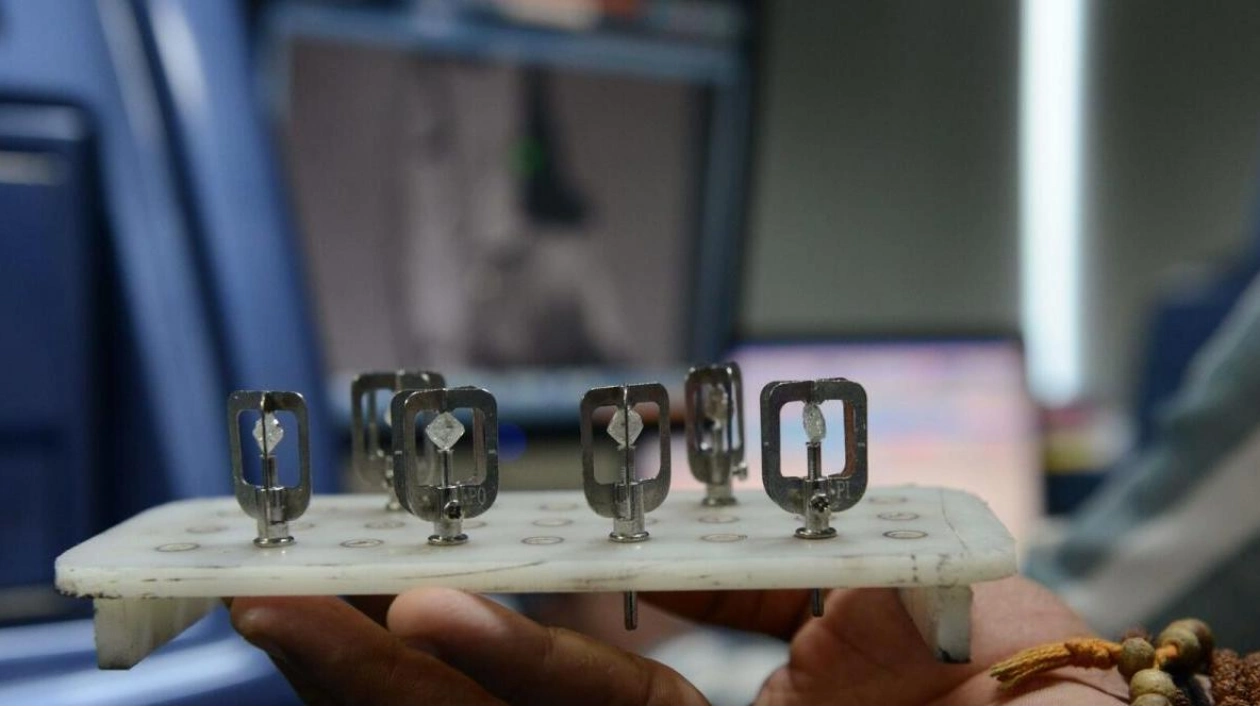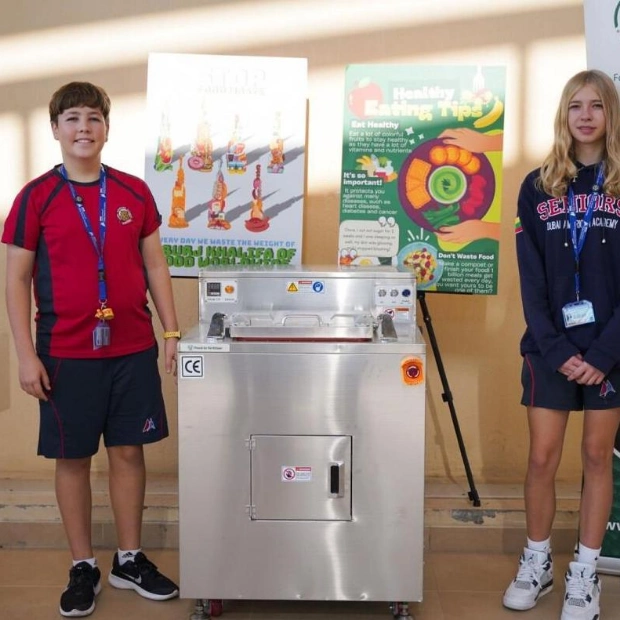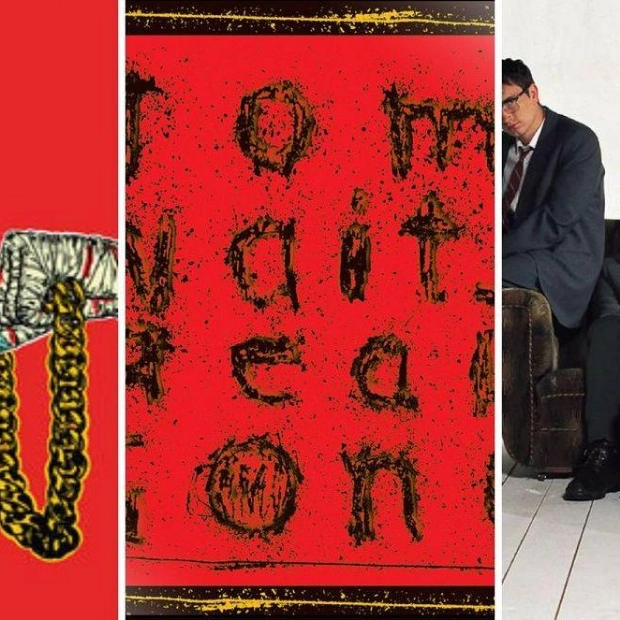DMCC recently hosted a side event during the Kimberley Process intersessional meeting, titled 'Provenance, Traceability and Technology (PTT) in the Diamond Industry'. This event was designed to delve into the advancements and hurdles in the global diamond trade, emphasizing technological progress, the importance of technology in enhancing industry standards, and the critical role of suppliers in adopting transformative technologies. Margot Stuart, co-founder of Originalluxury, noted that the diamond industry is at a critical juncture, facing challenges like evolving consumer behavior, the rise of lab-grown diamonds, and G7 import restrictions. However, the PTT event demonstrated that these challenges can be addressed, potentially improving the industry climate.
Prof. Felicitas Morhart, referencing Kelman’s social influence theory, suggested that industry regulation through identification rather than blind compliance is more effective. Reuters reported in May 2024 that the US is reconsidering its strict ban on Russian diamonds due to opposition from various stakeholders, highlighting the need for a traceability mechanism that addresses global concerns. The historical focus on categorization and traceability, evident since the establishment of the GIA in 1931, has been revitalized due to the need to combat conflict diamonds, counterfeits, and uphold sanctions.
The Kimberley Process and luxury businesses have led efforts against conflict diamonds and counterfeits, while discussions on maintaining sanctions without harming supply chains continue. Sarine Technology Group CEO, David Block, emphasized the long-standing importance of traceability in the industry. The event underscored the need for policymakers to collaborate closely with the industry to achieve their goals without negatively impacting vulnerable sectors. Ronnie van der Linden, of the World Diamond Council, highlighted the industry’s willingness to work with the G7 as a unified global entity.
Feriel Zerouki, also of the World Diamond Council, stressed the aim to facilitate diamond trade into G7 countries rather than obstruct it. Collaborative efforts like the partnership between Authentia and the African Diamond Manufacturers Association show promise in advancing traceability. The DMCC event showcased various technological solutions for end-to-end diamond tracking, emphasizing transparency and accountability. Thomas Moses of GIA noted that consumers increasingly value equity, ethics, and environment, factors that traceability can address.
The rise of lab-grown diamonds has posed a challenge, but traceability offers natural diamonds a chance to reclaim the ESG-conscious market. Vinit Jogani of Lemon-Diatech Group highlighted the narrative power of traceability in countering negative perceptions of natural diamonds. Traceability could also bolster the second-hand diamond market by adding value through stories. The romantic and unique journey of a diamond, from formation to final product, remains unmatched by lab-grown alternatives.
Technological advancements like nano marking and laser encryption are crucial for transparency, and with only ten key mines producing most diamonds, early implementation is feasible. Synova S.A.'s technology also aids in improving margins and offering greater shape choices to customers. The UAE Kimberley Process, with its ISO accreditation, exemplifies efficient and sustainable practices in the diamond trade. The industry’s collaborative spirit, as seen in the Kimberley Process, serves as a strong foundation for technological integration and future success.






